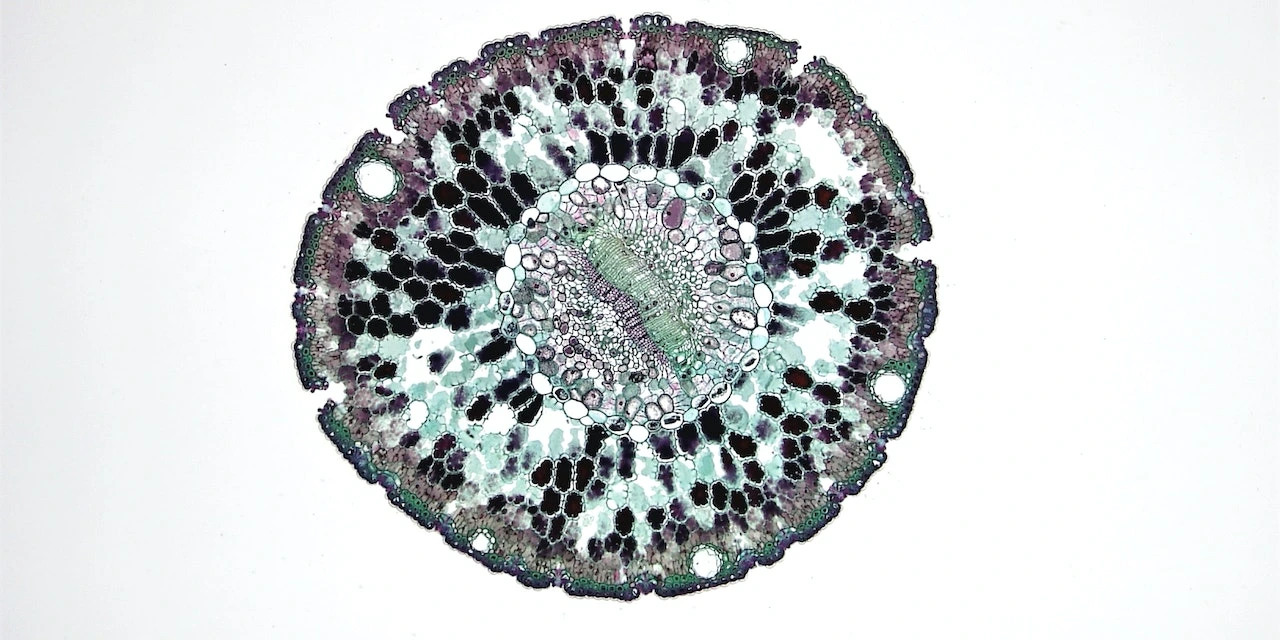
Acquisition delivers industry-leading research capability, and strengthens pipeline with a novel candidate for ulcerative colitis, Crohn’s disease and other autoimmune conditions
Merck (NYSE: MRK), known as MSD outside of the United States and Canada, today announced the completion of the Prometheus Biosciences, Inc. (“Prometheus”) (NASDAQ: RXDX) acquisition. Prometheus is now a wholly-owned subsidiary of Merck and the common stock of Prometheus will no longer be listed or traded on the Nasdaq Global Market.
“The Prometheus acquisition accelerates our growing presence in immunology, augments our diverse pipeline and increases our ability to deliver patient value. This transaction is another example of Merck acting strategically and decisively when science and value align,” said Robert M. Davis, chairman and chief executive officer, Merck. “Prometheus brings us a potential best-in-class candidate that creates an opportunity for us to transform treatment for patients with immune-mediated diseases. We are excited to welcome our Prometheus colleagues to Merck and we look forward to working together, driven by our common purpose of saving and improving lives.”
Prometheus’ leading clinical candidate, PRA-023, which will be known as MK-7240, is a humanized monoclonal antibody (mAb) directed to tumor necrosis factor (TNF)-like ligand 1A (TL1A), a target associated with both intestinal inflammation and fibrosis. It is being developed for the treatment of immune-mediated diseases, including ulcerative colitis (UC), Crohn’s disease (CD) and other autoimmune conditions. In December 2022, Prometheus announced positive results for MK-7240 from ARTEMIS-UC, a Phase 2, placebo-controlled study evaluating safety and efficacy in patients with moderate-to-severely active UC and APOLLO-CD, and a Phase 2A, open-label study evaluating safety and efficacy in patients with moderate-to-severe CD. The findings were recently presented at the 18th Congress of European Crohn’s and Colitis Organisation (ECCO).
“At Merck we have deep expertise in clinical development with a proven record of implementing precision medicine strategies,” said Dr. Dean Y. Li, president of Merck Research Laboratories. “By combining our strengths, Merck and Prometheus are well-positioned to advance MK-7240 and additional pipeline candidates.”
Additional Transaction Details
Under the terms of the acquisition agreement, Merck, through a subsidiary, has acquired all outstanding shares of Prometheus for $200.00 per share in cash for a total equity value of approximately $10.8 billion. Merck’s full-year financial outlook provided during the first-quarter earnings call did not account for the then proposed acquisition of Prometheus or any additional significant potential business development transactions.
As previously disclosed, because this transaction is being accounted for as an asset acquisition, Merck is recording a charge of approximately $10.3 billion, or approximately $4.00 per share. The impact of this charge will result in a reduction in both second-quarter and full-year 2023 GAAP and non-GAAP results. In addition, this transaction is expected to negatively impact EPS by approximately $0.25 in the first 12 months following the close of the transaction due to investment to advance pipeline assets and cost of financing, approximately half of which will be incurred in the second half of 2023.
As a matter of policy, Merck provides updates to its financial outlook once each quarter. When considering Merck’s financial outlook issued on April 27, 2023, investors and analysts should deduct the expenses outlined above. Merck will provide an update to its financial outlook when it reports second-quarter 2023 results on August 1.
About Inflammatory Bowel Disease
Inflammatory bowel disease (IBD) is a term used to collectively describe Crohn’s disease and ulcerative colitis. These conditions are characterized by chronic inflammation of the gastrointestinal (GI) tract. Prolonged inflammation results in damage to the tissues lining the GI tract. Both ulcerative colitis and Crohn’s disease are usually characterized by diarrhea, rectal bleeding, abdominal pain, fatigue and weight loss.
Source: https://www.businesswire.com/




